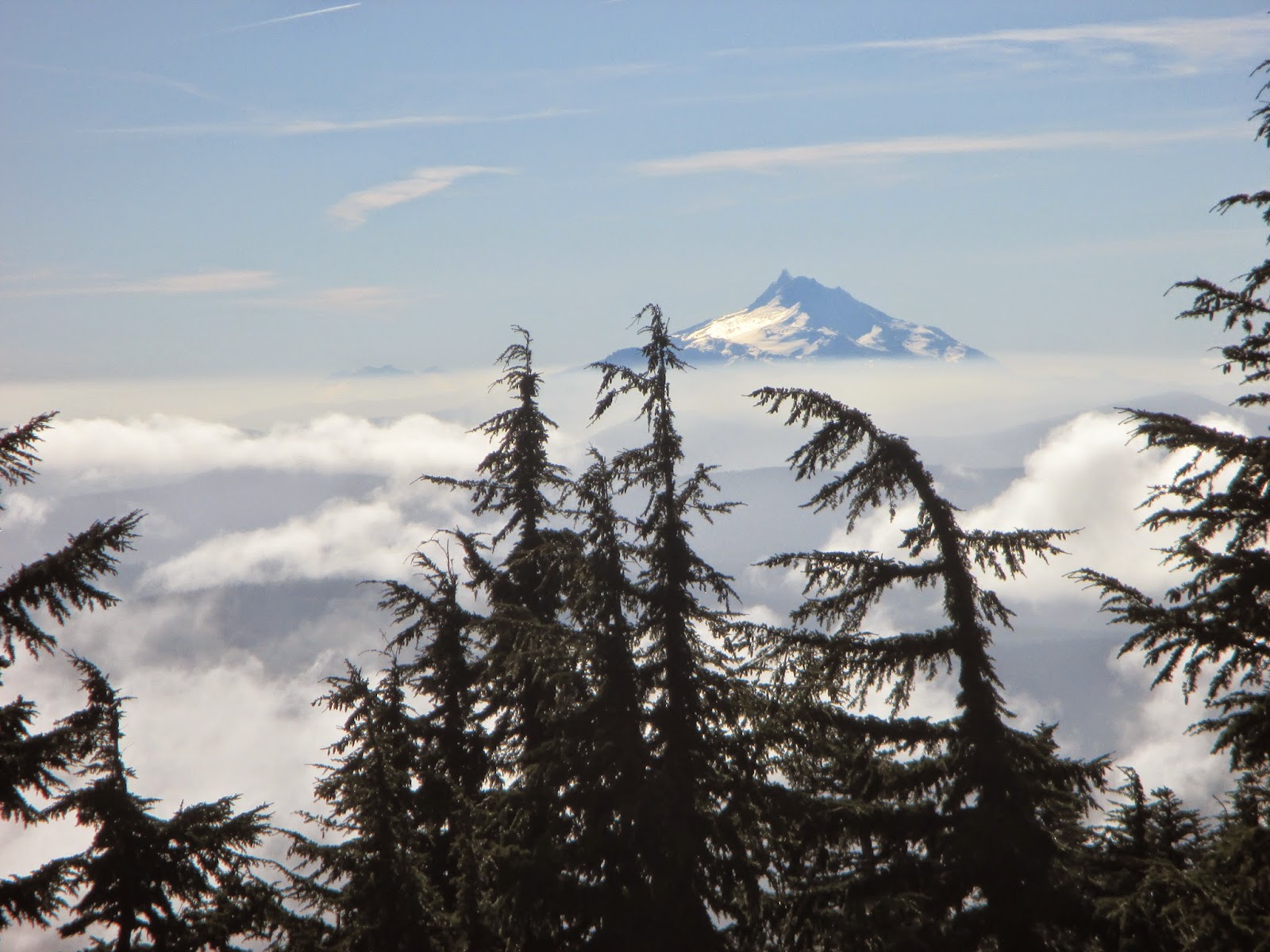Die Stille der Welt vor Bach
Es muss eine Welt gegeben haben vor
der Triosonate in D, eine Welt vor der a-moll-Partita,
aber was war das für eine Welt?
Ein Europa der großen leeren Räume ohne Widerhall
voll von unwissenden Instrumenten,
wo das Musikalische Opfer und das Wohltemperierte Klavier
noch über keine Klaviatur gegangen sind.
Einsam gelegene Kirchen,
in denen nie die Sopranstimme der Matthäuspassion
sich in hilfloser Liebe um die sanfteren
Bewegungen der Flöte gerankt hat,
wie sanfte Landschaften,
wo nichts zu hören ist als die Äxte alter Holzfäller,
das muntere Bellen starker Hunde im Winter
und Schlittschuhe auf blankem Eis wie ferne Glocken;
die Schwalben, die durch die Sommerluft schwirren,
die Muschel, in die das Kind hineinhorcht,
und nirgends Bach, nirgends Bach.
Die Schlittschuhstille der Welt vor Bach.
(LARS GUSTAFSSON, dt. V. Reichel)
























